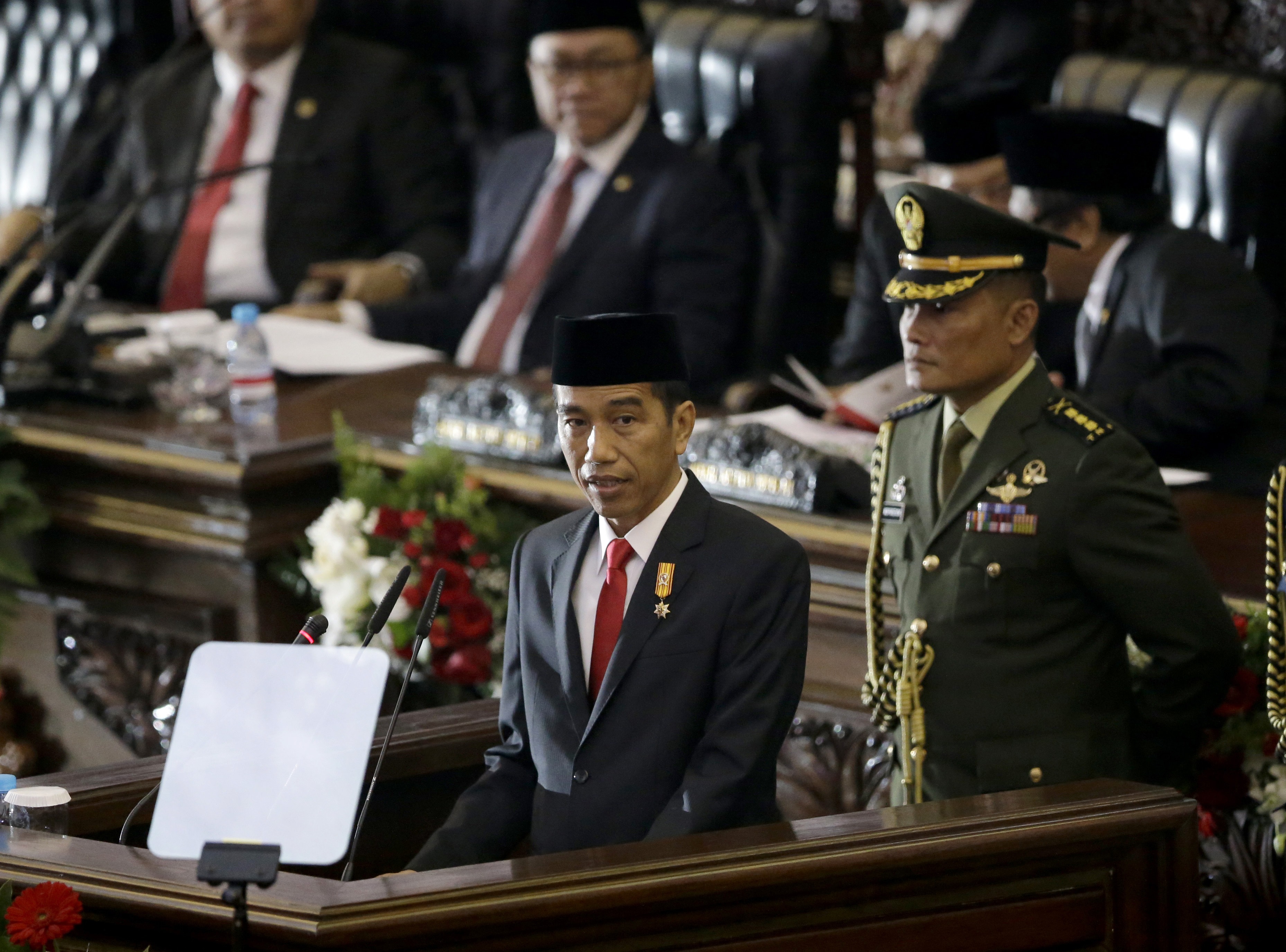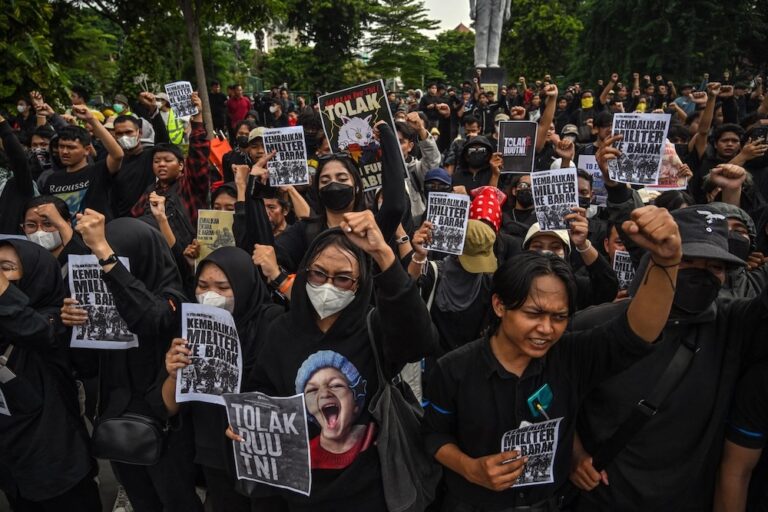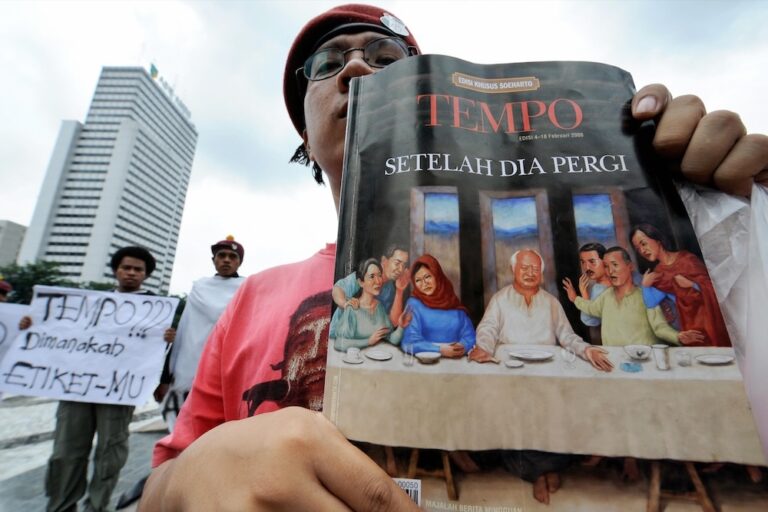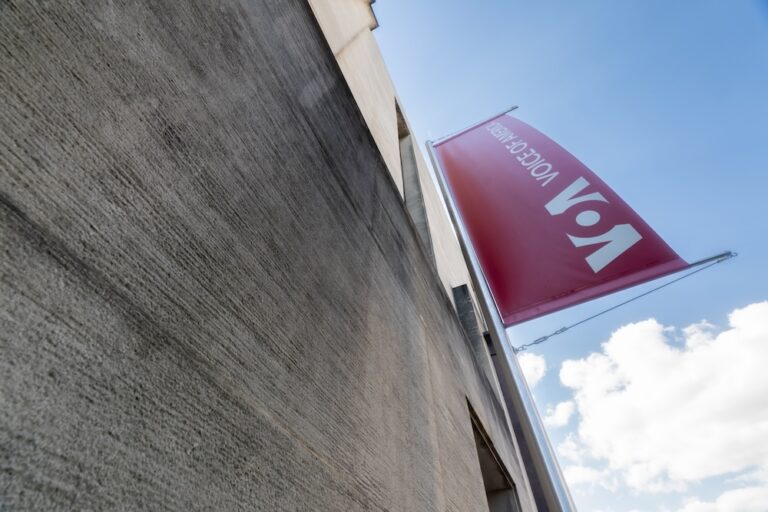The Alliance of Independent Journalists (AJI) has asked President Jokowi not to take Indonesia back to the [Soeharto] New Order era, which was marked by restraints on free speech and the press.
The Alliance of Independent Journalists (AJI) asks President Jokowi not to take Indonesia back to the [Soeharto] New Order era, which was marked by restraints on free speech and the press.
According to AJI Chairman Suwarjono, there are three signs suggesting that Jokowi wants to curb freedom of speech.
First, the draft Code of the Criminal Law that will be submitted to the House of Representatives seeks to revive an article that prohibits insults against the head of state. This article had been revoked by a Constitutional Court decision.
“[When the article is re-enacted], the first victim will be the press. An article referring to insults against the head of state is open to interpretation. If there is a critical media outlet, [the article] could be used by rulers to impose silence,” said Suwarjono on 15 August 2015.
AJI is concerned by the government’s efforts to revive this article, and urges the Parliament and the government not to bring it up for debate, as this would be a step backward for democracy in Indonesia.
The second sign is that the Ministry of Communications and Information Technology has not attempted to decriminalise freedom of expression in the online sphere. The draft revision of the Law on Information and Electronic Transactions still contains the threat of punishment for the expression of an opinion, even though civil society pushed for the abolition of this threat. “The article referring to the criminalisation of speech should be synchronized with the draft Penal Code that will be discussed in Parliament,” said Suwarjono.
Evidence of the the third sign was alluded to in Jokowi’s speech to the annual session of the People’s Consultative Assembly, on 14 August. Jokowi reportedly said “These days people feel they are ultimately free to behave and voice their opinions as they like. This is counterproductive, when the media is focused on higher ratings instead of guiding the public to be virtuous and to have a productive work culture.” Although he was not explicit, Jokowi combined two tendentious statements in the same paragraph, with media positioned as a scapegoat for certain failings.
According to AJI’s Head of Advocacy, Iman D Nugroho, the criminalisation of freedom of expression, no matter how small, remains a threat. “The government seems to be unaware that many innocent citizens are taken into custody because of statements posted on social media, or because of concerns voiced to friends in a private chat.”
When freedom of opinion and expression are silenced, there are consequences for press freedom; moreover, Iman added, criminal laws can be used against those who disagree with the state.
“In democratic countries, differences of opinion are commonly expressed in the media. If there are parties who object to a news report, they should follow procedures and ask for the right to reply or a correction. If they are still not satisfied, they can then bring the matter to the Press Council, not to the police,” said Iman.
Iman expressed hope that President Jokowi would not create policies that will become a new weapon for law enforcement agencies to target citizens who are critical of the state. “Freedom of speech and freedom of the press are an important aspect of a democracy. When these freedoms are revoked, get ready to go back to the dark ages,” said Iman.



